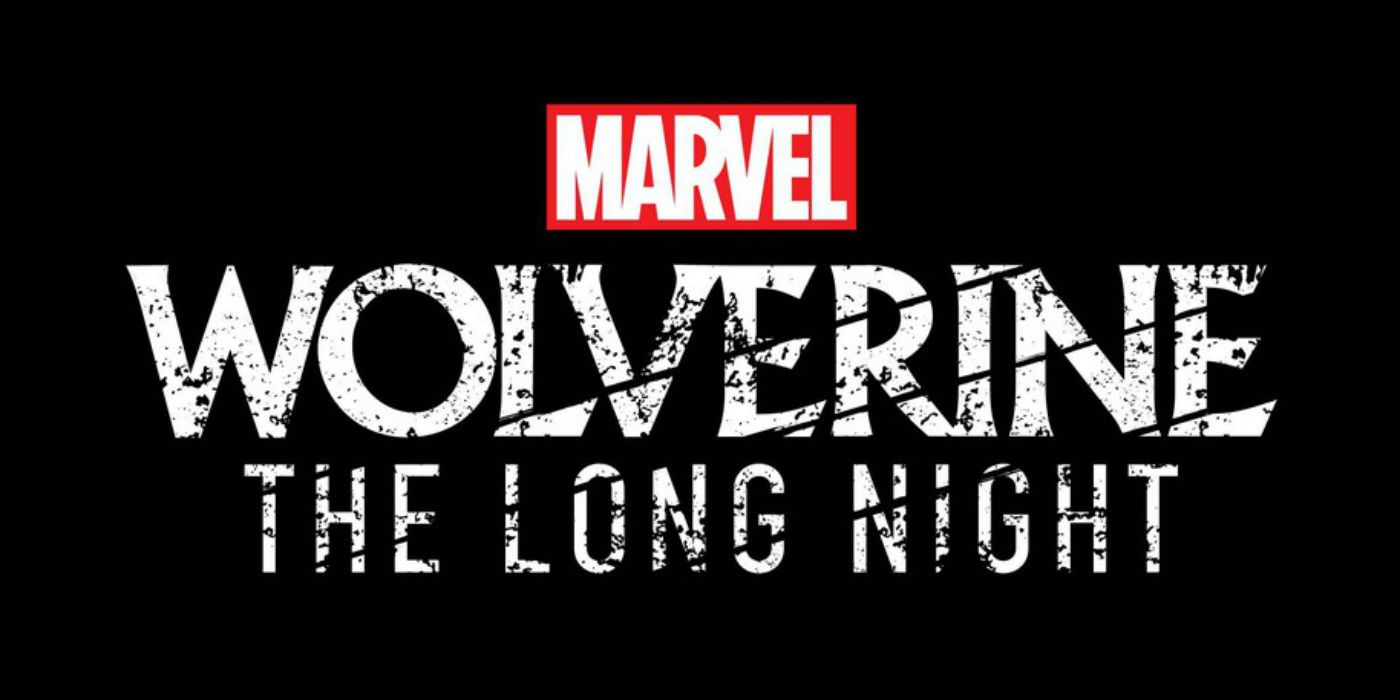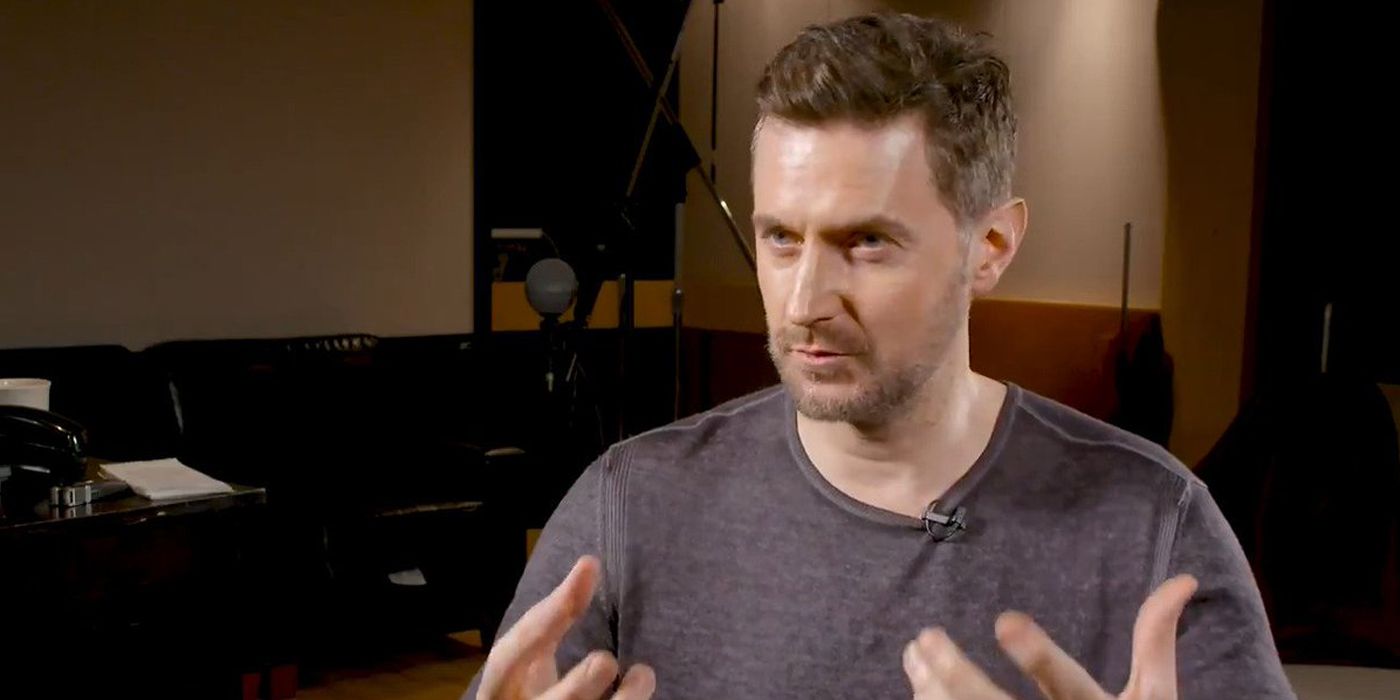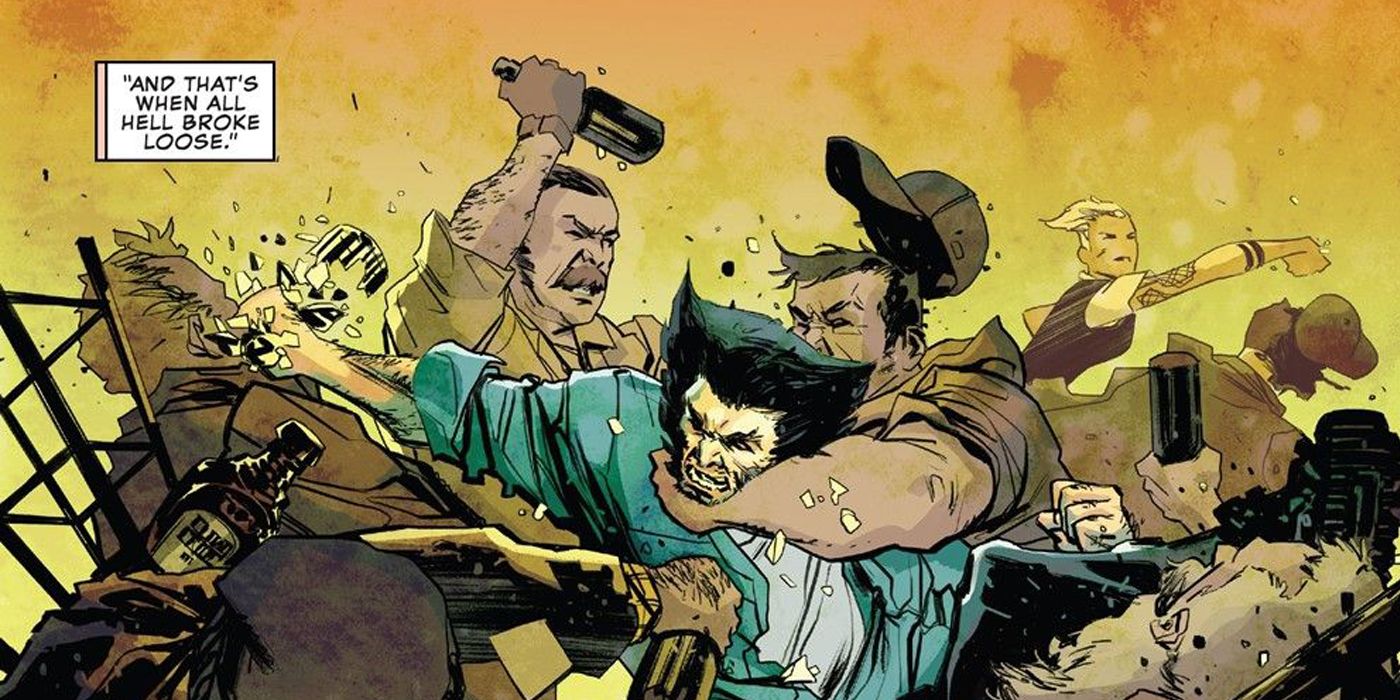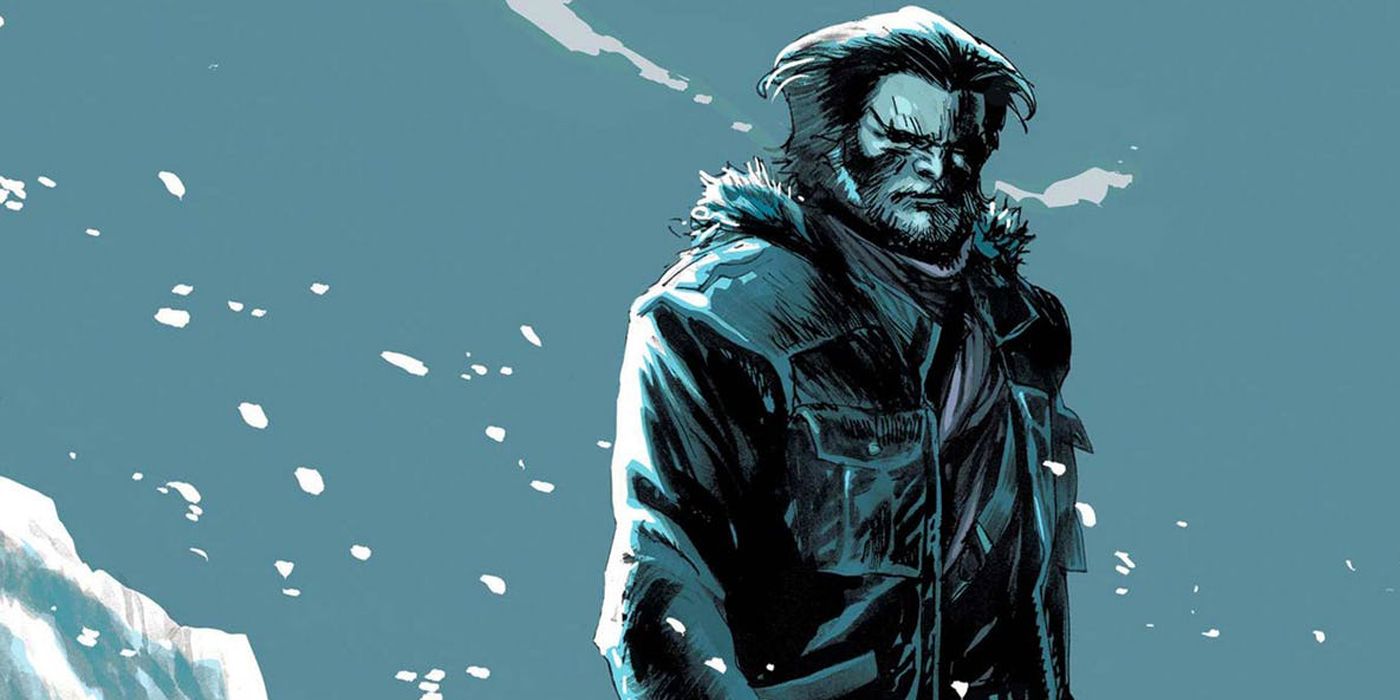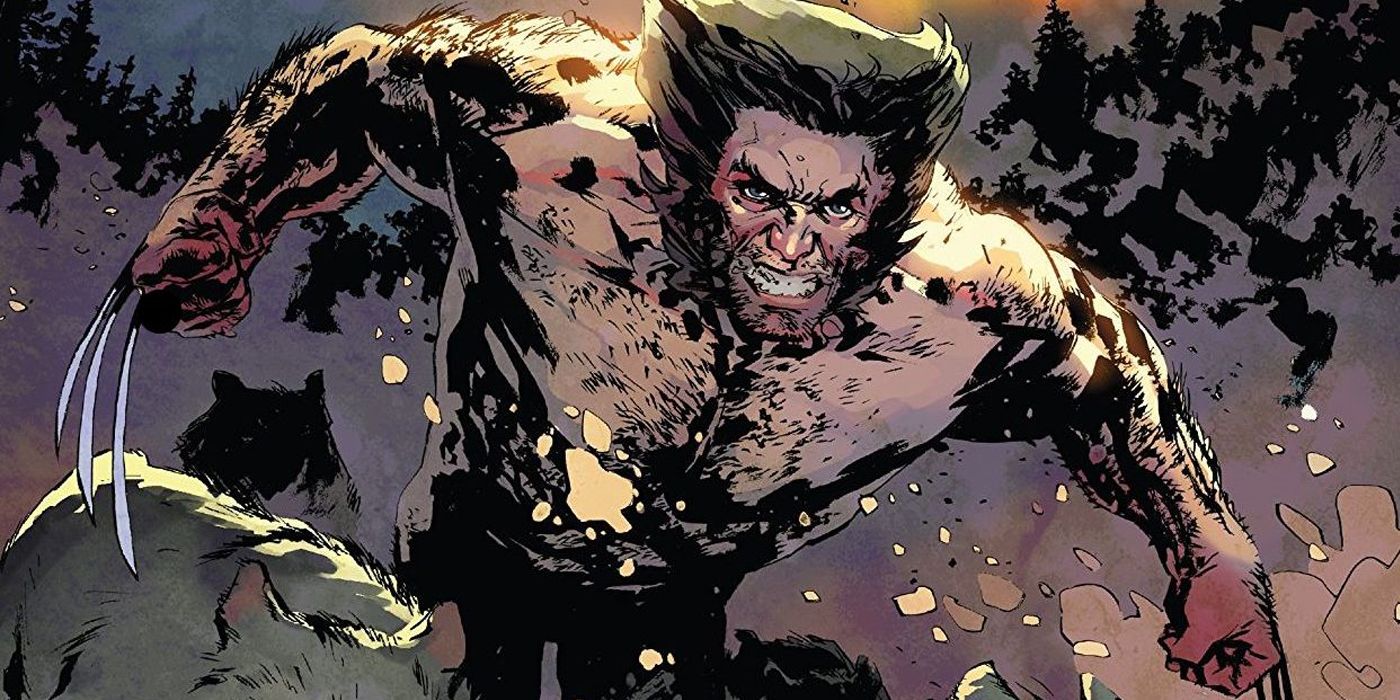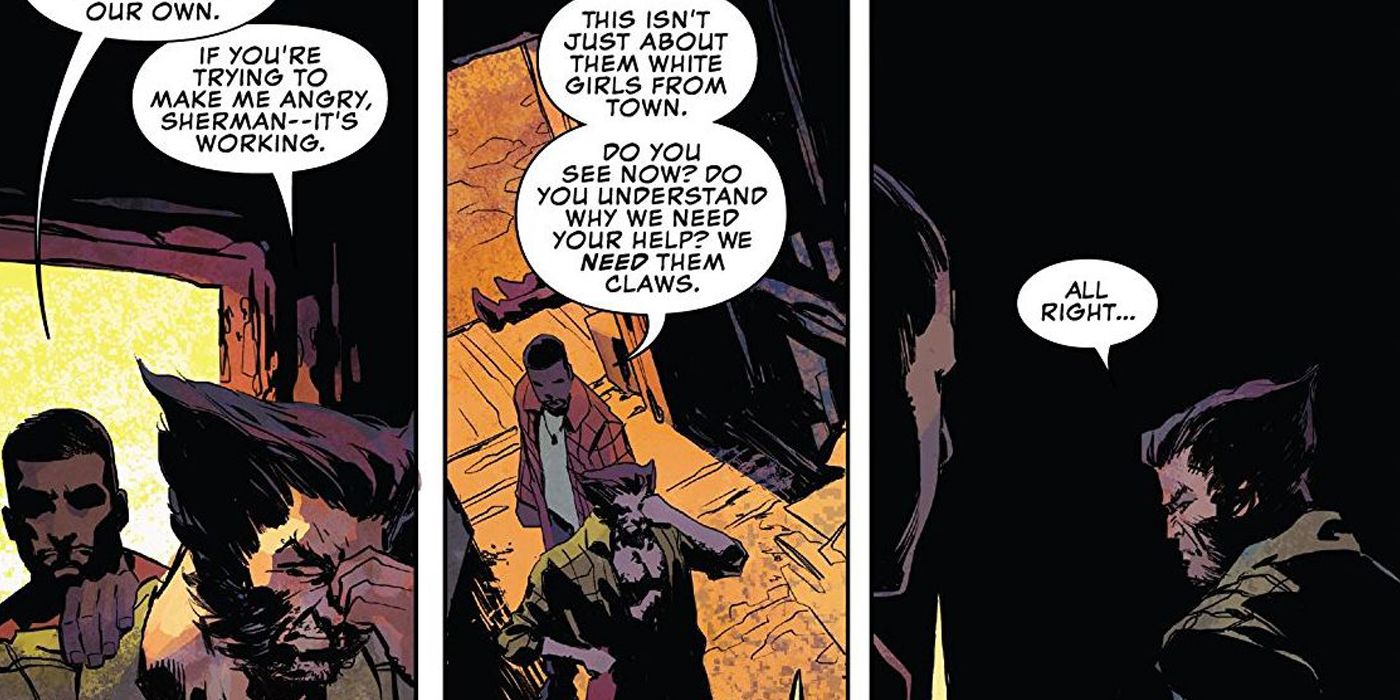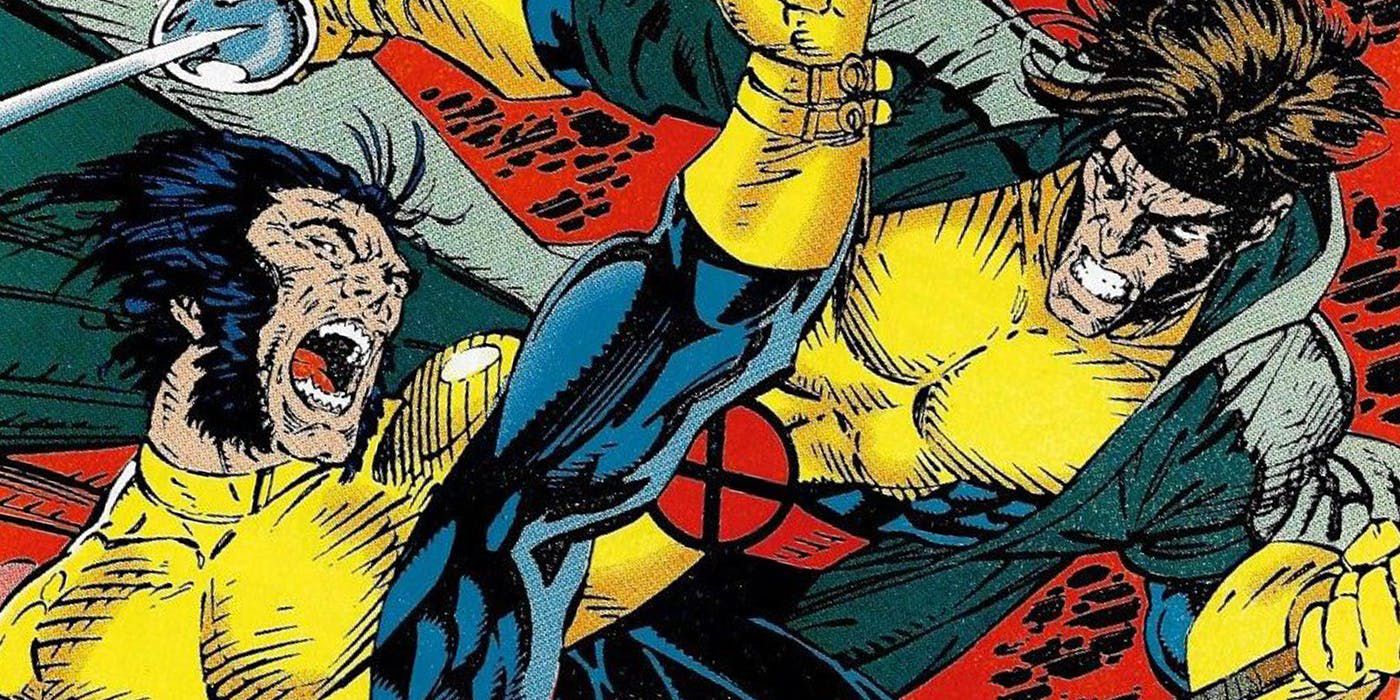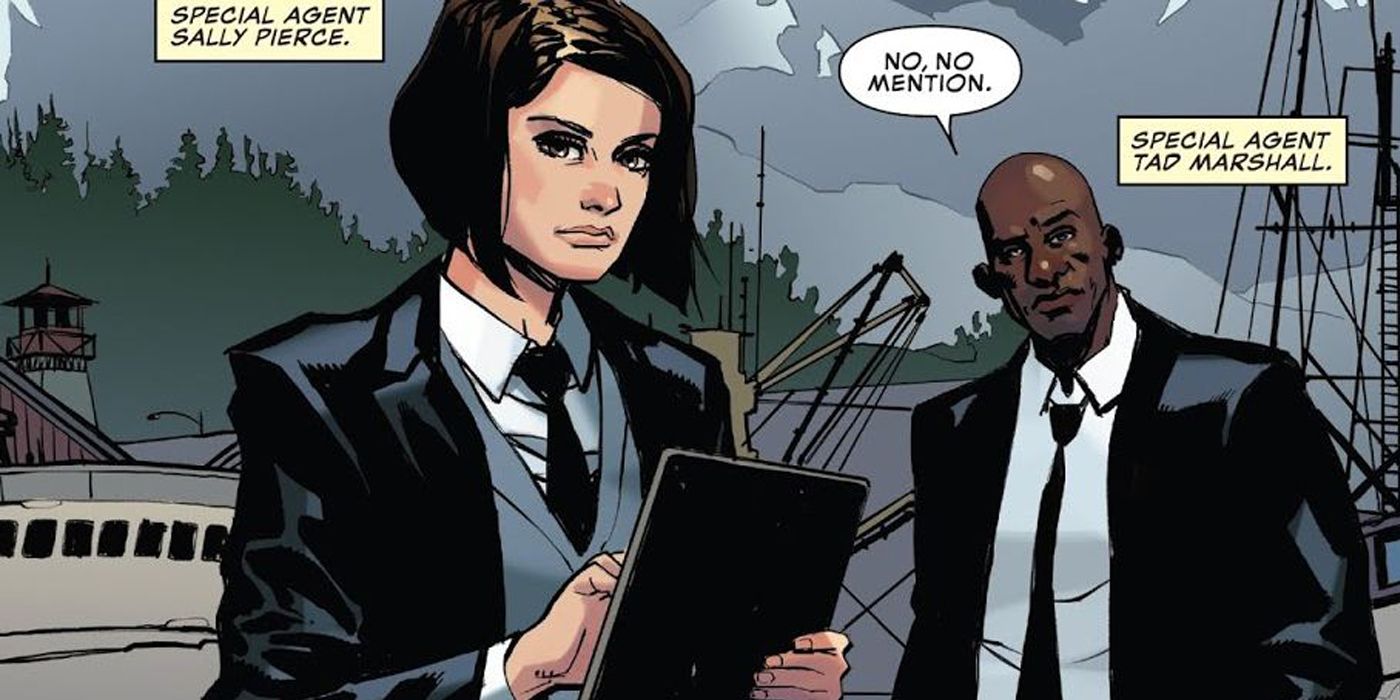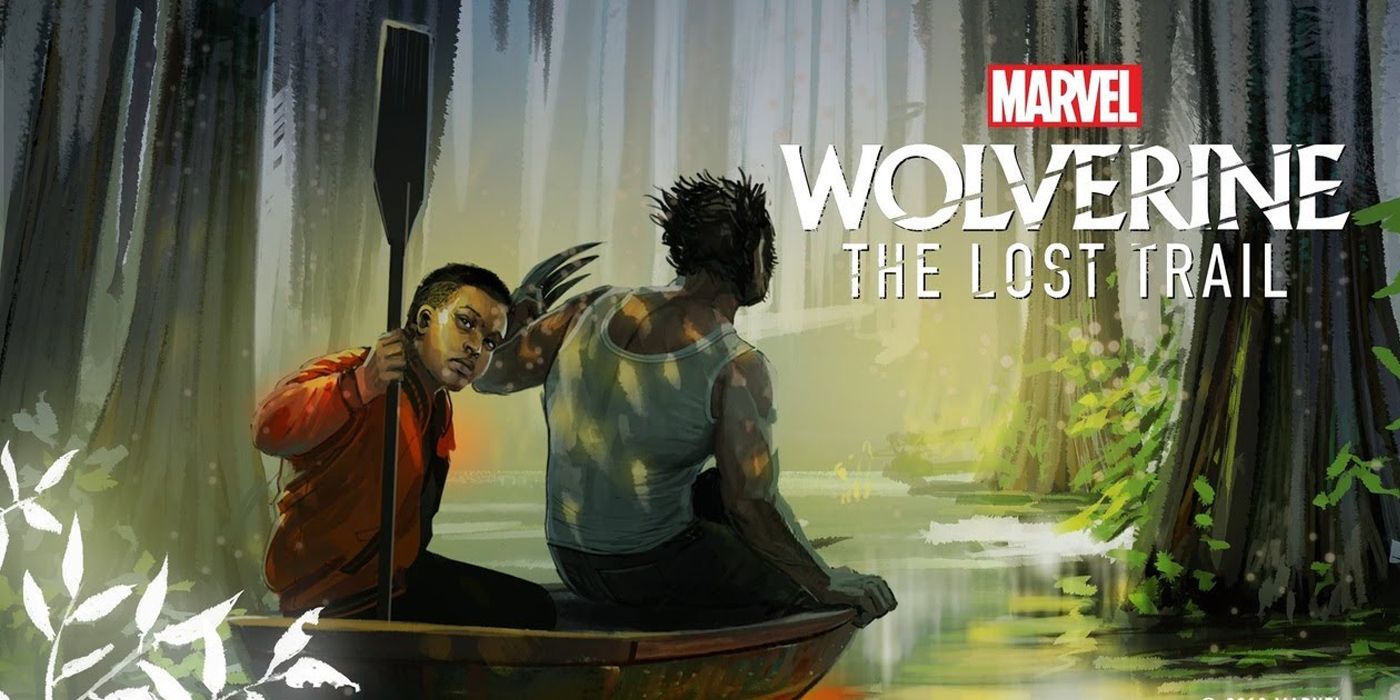There's no end in sight to the number of Marvel-based adaptations slated for upcoming release. Movies and television are the most obvious examples, which makes Marvel's Wolverine podcast a welcome change of form. Taking a character that originated in a visual medium to a purely aural one may seem like an odd choice, but the concept isn't too far-fetched. In the heyday of comic characters like The Shadow or Dick Tracy, their serialized radio dramas were an enhancement to the comics that originated the characters.
The Long Night, the first season of Wolverine's audio narrative, brings a similar level of unprecedented change to the X-Universe. Its setting is familiar enough: Logan seeks solitude in the wilderness, but is still unable to escape his past. The shift in the style of storytelling, however, meant a chance to make the familiar comic book story new again in a way that only a radio drama could. These changes are currently contained within the podcast, but could potentially affect the X-Canon if the right people are listening.
10 10. Marvel's Distinct Serialized Visual Storytelling Adapts To An Audio-Only Medium
Marvel's stories have a way of capturing the person-on-the-street's perspective. As heroes and villains joust for the fate of the world, their stories still hold the self-awareness of an outside viewpoint. Everyday people still live in the shadows cast by these larger-than-life characters. Adaptations that understand their source material know to incorporate this aspect: consider Marvel's Netflix shows (as well as its ABC ones).
9 9. An outside view of the outsider X-Man
Unfortunately, the common person's perspective is one that has been increasingly rare in recent years of X-Universe stories. Usually, the X-Men only turn their ruby-quartz optics toward the outside world when their latest punch-up demands it. At most a variant on 'a new mutant is inducted into the halls of Xavier's Westchester manor' surfaces on occasion, but it's largely just a redressing of the origin story archetype.
Separating Logan from the X-roster and placing him out in the world strips away many of these expected trappings. 2017's Logan understood this is how the character functions best. This is why it's the strongest Wolverine movie – heck, the strongest X-Men movie – by a country mile. While it remains somewhat of a disappointment that the only way the film could figure out how to make a functionally immortal man interesting was to kill him, Marvel is always more than happy to confirm that the reports of Logan's death were greatly exaggerated.
8 8. A Wolverine Neo-Noir
How The Long Night brings Logan to life is a refreshing twist on the stock tale of Logan alone. Told from the outside in, two federal agents canvas an Alaskan town in search of Wolverine. The fictional fishing village of Bend, Alaska may never feature in X-Canon proper, but The Long Night suffuses it with the tension of the everyday sitting alongside the strange possibilities of the Marvel Universe. Everyone here is compromised, and everyone is hiding something. Not just Logan, but the townspeople... and even the agents themselves.
7 7. Logan As A Force Of Nature
Series author Benjamin Percy understood that “less is more” and “show, not tell” when it comes to Wolverine. As a concept, the latter sounds counter-intuitive for an audio medium. Indeed, there are times that the characters narrate their own actions. It's a necessary evil in an audio narrative and can be difficult to pull of convincingly, despite being quite in keeping with someone who that has their origin in comics.
In this aspect The Long Night succeeds via the visceral anecdotes of the locals, describing the path of destruction left by the stranger in their frigid neck of the woods. A free-floating ship full of dead sailors, a wolf pack brought to heel... the incidents surrounding Logan and elevate him into urban myth, more of a presence than a person. The result deftly avoids without saddling the narrative with another comic-book origin story while still being approachable for those unfamiliar with the character.
6 6. Bringing Wolverine Into The 21st Century
Taking a newer audience into account, The Long Night modernizes Logan and his surroundings in complex ways. Wolverine recalls memories of his Weapon X days in Kabul and Afghanistan. At one point, he uses an IED (which is directly referenced as such), and another character holds him accountable for the collateral damage of what he's done. The biggest surprise, however, was the timely topic on the unreported violence done to Indigenous populations.
5 5. Spotlights The Struggles Of Indigenous People
At the start of the story, Logan is wanted in connection with the deaths of two women. As the mystery deepens, it reveals the deaths were preceded by several others from a local tribe that went ignored by law enforcement. The actors involved in this portion of the story (Chaske Spencer & Kumiko Konishi as Sherman and Dinah Moses) are actually of indigenous descent themselves. Such inclusivity is becoming somewhat more commonplace, but one hopes that these characters are not used for their pain only to be relegated to a trivial Wikipedia entry.
4 4. 'Mutant' Is No Longer A Household Name...
Lest you think the series is all gritty realism (or as real as the adventures of an immortal with an indestructible skeleton gets), longtime fans will recognize several sparingly dropped Easter Eggs. The series is reserved about its allusions – hardly anyone even utters the word 'mutant' – but like Logan himself, it makes their appearances all the more impactful.
3 3. ...But Not For Long...
Wolverine: The Long Trail sees Logan trade Alaska for New Orleans, investigating the whereabouts of a mysterious woman who he'd directed phone messages at in The Long Night. It's been heavily hinted at that Logan will be in the vicinity of more mutants... one of which will be Gambit himself, Remy LeBeau. The second season has already shifted gears somewhat. Logan has replaced his pursuers as the outsider looking in on a new mystery.
2 2. The Sentinel Program Goes X-Files
Which leads to the largest way that the Wolverine podcast changed the X-Universe: Agent Sally Pierce.
To be properly accurate, it would be Agent Sally Pierce and her partner, Tad Marshall. Voiced by Celia Keenan-Bolger and Ato Essandoh, the agents tracking Logan are more than they seem by the outset. Characters remark on the inhuman feats they are able to accomplish, but it's not until the final episode that the true nature of the agents are revealed: they are extremely advanced Sentinels, able to pass for human. The debriefing held between the pair at the end of the series establishes Pierce in particular as ruthless and relentless... and she's already turned up in the second season of the podcast.
1 1. Laying A Blueprint for the Future of the X-Men
By entering Logan's life between Weapon X and the X-Men, The Long Night is able to tell a fresh, serialized story about Wolverine. The cast and crew may be establishing their own timeline so as not to interfere with the larger game plan for the X-Verse, but quite frankly, the X-Verse should be looking to material like this for where to go next. Imagine a series like this for each of the major X-Men – taking the time to build each of them out before throwing them all together on a team. Here's hoping that this opportunity to redirect the X-Universe towards relevance is brought out of The Long Night.

